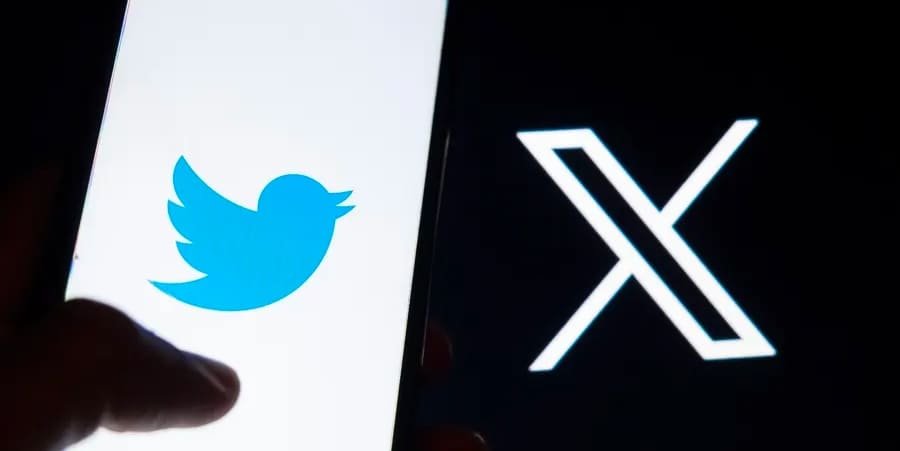Decoding Elon Musk's Strategic Chess Moves in Twitter's Transformation to X
There is one marketing move guaranteed to spark fervent debates and heated discussions: rebranding.
Recently, the business world was taken aback when Twitter, one of the most influential platforms, decided to change its name to X. The decision, spearheaded by the enigmatic Elon Musk, the CEO of Tesla and SpaceX, sent ripples across the online sphere. While many are quick to dismiss this move as another quirk of Musk's eccentricity, it is essential to recognize that he operates on an entirely different level – playing chess while we are stuck playing checkers.
Elon Musk is a visionary entrepreneur with a track record of disruptive innovations. He has mastered the art of combining technology and branding to create influential and lasting changes in various industries. As a veteran publicist with decades of experience, I have observed how Musk meticulously engineers his brand image to align with his ambitious ventures. The rebranding of Twitter to X might seem arbitrary, but beneath the surface lies a strategic chess move that can redefine the landscape of social media and the way we interact online.
First and foremost, a name change is more than just a superficial tweak. It can symbolize a shift in the company's core identity and vision. By transforming Twitter into X, Musk is likely signaling a broader scope of services and ventures for the platform. Just as he ventured beyond electric cars into space exploration and tunnel digging, this name change hints at Twitter's aspirations to extend its reach beyond its traditional boundaries.
In chess, one must anticipate their opponent's moves and think several steps ahead. Musk is no stranger to this concept; he predicts trends and identifies opportunities before they become apparent. By rebranding Twitter to X, he generates curiosity and builds anticipation for what might come next. The name is mysterious, inviting users and industry experts to speculate on the platform's future offerings. This anticipation creates a significant advantage as it keeps competitors guessing and off-guard.
Furthermore, Musk is known for his unconventional marketing strategies, often relying on word-of-mouth and social media to amplify his messages. This name change generates buzz and media coverage, putting X at the forefront of discussions and media attention. It's a calculated move to capitalize on the viral nature of his endeavors and attract an even wider audience to the platform. While traditional marketers might avoid such bold tactics, Musk understands that risks can lead to unprecedented rewards.
Another aspect of chess is knowing when to sacrifice certain pieces to gain an advantage elsewhere. This name change represents a calculated risk for Musk, as Twitter is already an established and beloved platform with millions of users. However, by renaming it X, he might aim to distance the platform from its past baggage, controversies, and challenges while creating a clean slate for the next chapter. This strategic sacrifice could help the platform break free from its limitations and evolve into something more significant.
As we assess Musk's chess moves, it's vital to remember that he is not merely a businessman but a visionary with an eye on the future. His actions are guided by a desire to reshape industries and society. Whether electric cars, renewable energy, or space exploration, he strives to leave a lasting impact on the world. Twitter's rebranding is just another piece of his grand puzzle.
In conclusion, Elon Musk's decision to rename Twitter as X might appear puzzling at first glance, but it reflects his chess-like approach to business and branding. This strategic move generates anticipation, creates buzz, and positions the platform for a broader and more influential role in social media. As industry spectators, let's avoid dismissing this change as mere eccentricity and instead appreciate the visionary mind at work. Musk continues to play chess as we play checkers, and it's a game we can all learn from.


